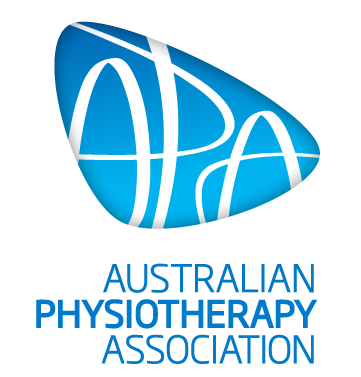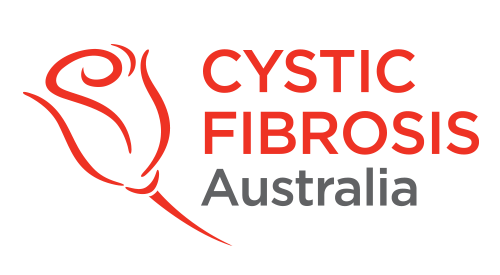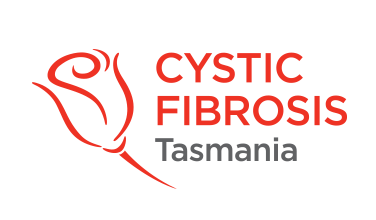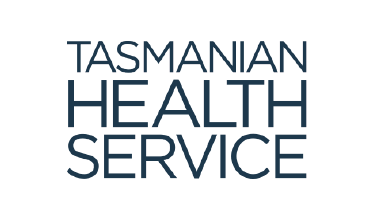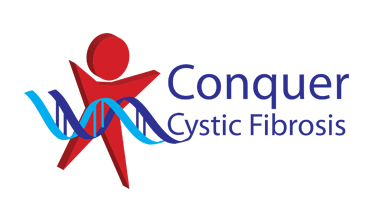Haemoptysis
Haemoptysis is coughing up blood. This may be a large amount or just streaks of blood. Haemoptysis usually occurs because of burst blood vessels in the airways of your lungs due to infection or inflammation (swelling in your airways). It may occur after being very physically active or following a strong cough. Sometimes it may occur without any warning, with no obvious reason.
Occasional mild haemoptysis (blood streaking mixed with sputum) is not serious, however severe haemoptysis (large amount of straight blood directly from the lungs) is a medical emergency and can become life-threatening if not treated quickly.
Mild haemoptysis often happens in CF, whereas a large haemoptysis is less common, but can occur. If you have never experienced blood in your sputum and you notice streaks or a larger volume of blood in your sputum, you should contact your CF clinic at once. See below for more information relating to the volume of blood you may notice or experience.
There are some things you will need to change and discuss with your physiotherapist if you are noticing blood in your sputum. The following advice is based on expert knowledge and opinions of experienced clinical physiotherapists in CF. However, you should speak with your medical care team directly to know exactly what to do.
Small amount/streaky haemoptysis
(streaks or < 50ml (2 tablespoons) over 24 hours)
- Contact your health care team as you may need to stop treatments
- Know with this small amount of blood it is ok and the bleeding can be managed
- Continue with your usual airway clearance routine if your healthcare team is happy for you to do so
- Continue with your usual exercise routine if your healthcare team is happy for you to do so
- Continue with your usual inhaled drugs if your healthcare team is happy for you to do so
- Avoid too much coughing and try to use huffs or staged huffs to shift your sputum, ask your physiotherapist to help you with your huffing ability if you do not feel confident.
Moderate haemoptysis
(50 – 250mls (2 tablespoons to a cup) over 24 hrs)
- Contact your health care team, or medical assistance at once
- Simplify the way you clear your airways, stop any percussion, vibrations, and oscillatory PEP use
- Limit coughing and try to use huffing or autogenic drainage to move secretions to your large airways and shift up towards your mouth
- You may need to stop using hypertonic saline, particularly if it causes you to have increased coughing. Discuss this with your healthcare team
- Continue gentle walking or cycling without increasing your heart rate too much, if your healthcare team are happy for you to do so, and stop energetic exercise
- These changes to treatment should continue for at least 24 hours after bleeding has stopped, or for as long as you have been told by your healthcare team.
Severe haemoptysis
(>250mls (greater than one cup)/ 24 hrs)
- You need immediate medical review and should contact an ambulance or go directly to an emergency department
- If you can feel where the bleeding is happening, lie on your side with the bleeding side down, your head propped up (high side lying)
- If you cannot feel where the bleeding is, sit upright with a support for your back
Stop any airway clearance techniques and exercise until the active bleeding has stopped and you have discussed with your physiotherapist, and healthcare team


